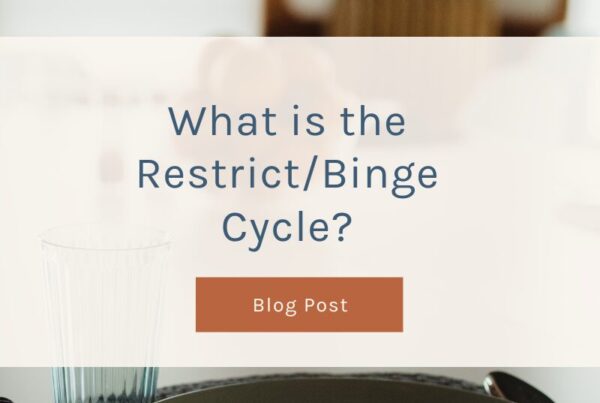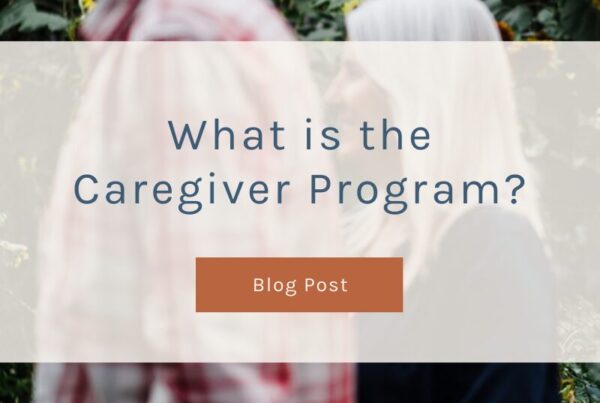
What is orthorexia? In the simplest of terms, orthorexia is described as an unhealthy obsession with healthy eating. Like all eating disorders, it’s more complicated and nuanced than this bitesized definition. Orthorexia looks and is experienced differently in everyone.
Here are some of the main signs and symptoms associated with Orthorexia as adapted from NEDA:
•Compulsive checking of ingredient lists and nutritional labels
•A growing concern about the health or nutrient density of ingredients and foods
•Cutting out food groups (all sugar, all carbs, all dairy, all meat, all animal products)
•Difficulty or inability to eat foods that don’t fit a narrow definition of ‘healthy’ or ‘clean’
•Unusual interest in the health of what others are eating
•Spending hours per day thinking about what food might be served at upcoming events
•High levels of stress and anxiety when ‘safe’ or ‘healthy’ foods aren’t available
•Obsessive following of food/healthy lifestyle blogs and Instagram accounts.
In real life this might look like:
•Only being able to eat versions of foods that are made with a healthy hack, ie. Chickpea Cookies, Zucchini Noodles, Protein Pancakes.
•Needing to bring your own foods with you when you travel and/or needing to always cook and control what you’re eating.
•Family members not wanting to cook for you because they’re concerned it won’t be ‘healthy’ or ‘clean’ enough.
•Spending a large portion of your daily energy planning what you’ll eat and cook.
•Starting to feel afraid of foods and food groups.
Orthorexia is not currently in the Diagnostic and Statistical Manual of Mental Disorders (DSM-5)* however experts acknowledge orthorexia and treat it as an eating disorder.
As with all EDs, Orthorexia is not a choice and no one is to blame.
If these symptoms feel familiar to you, you deserve help and support.
Even if you don’t feel sick enough, you still deserve help.
Orthorexia promises optimal health and in reality it harms your overall well-being and physical health.
*Part of the role of the DSM helps mental health practitioners and insurance companies classify and code conditions that are treated. Like many systems it’s imperfect and is updated periodically to reflect the latest research and developments.




